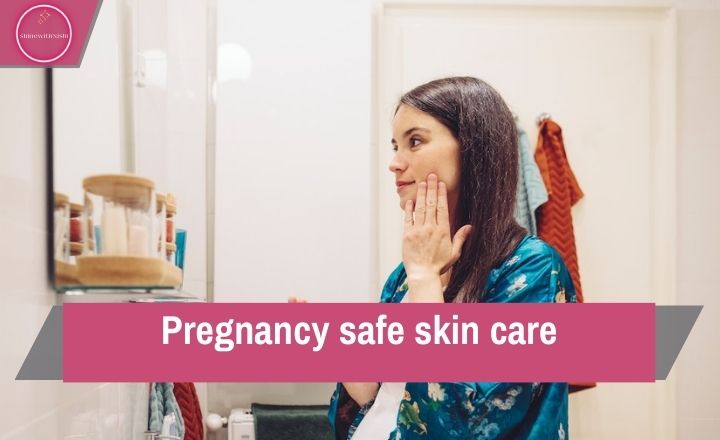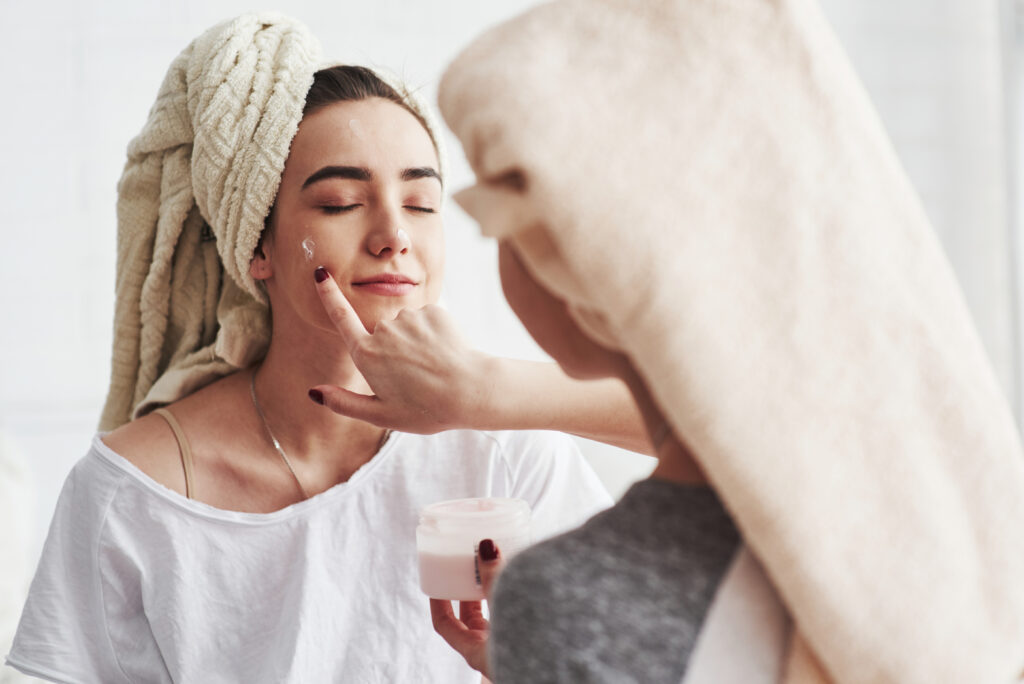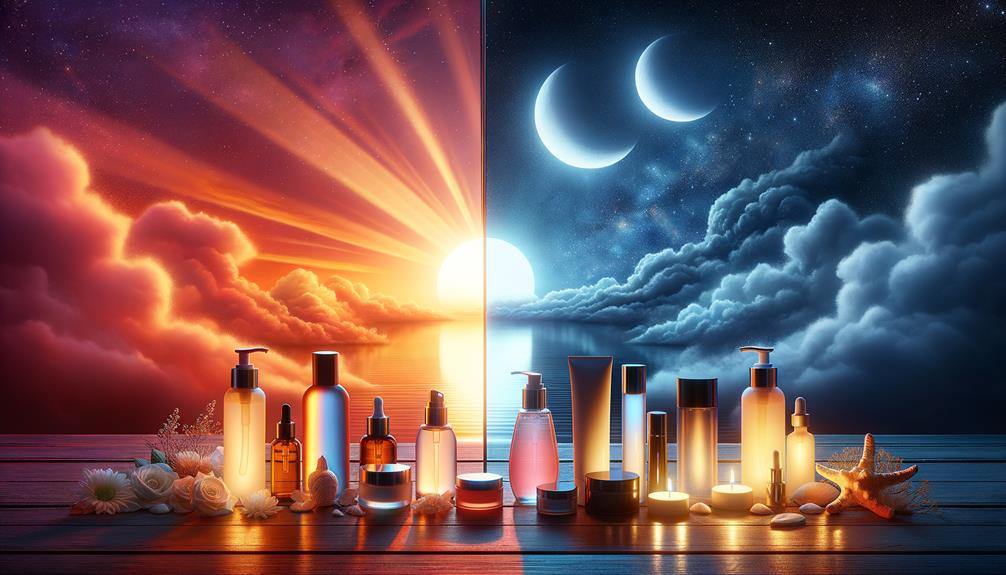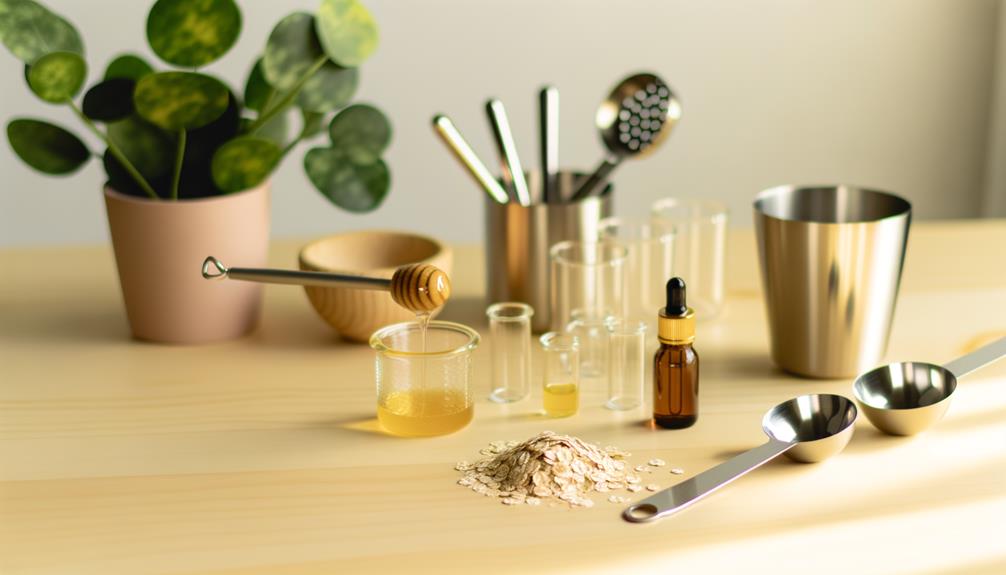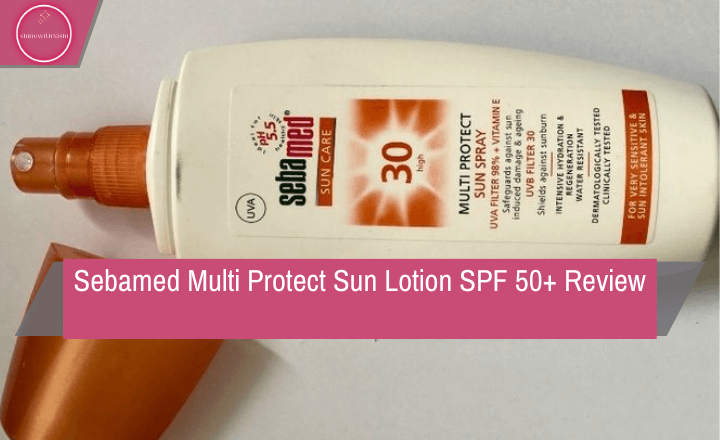In this article, we’ll talk about what you should and shouldn’t do for safe skincare during pregnancy. We’ll also clear up common myths about certain ingredients and give expert advice on keeping your skin healthy and glowing while avoiding potential harm. Whether you have hormonal acne, stretch marks, or just want gentle but effective solutions for sensitive skin, our guide will help you feel confident and at ease as you take care of your skin during pregnancy. Let’s explore pregnancy safe skin care and learn how making simple changes can give you radiant skin without risking your safety or your baby’s.
Table of Contents
ToggleSkin changes during pregnancy
During pregnancy, many women experience changes in their skin due to hormonal fluctuations. Some common skin changes during pregnancy include increased pigmentation, such as darkening of the nipples and a dark line down the abdomen known as the line nigra.
Dry skin
During pregnancy, women’s skin can become dry due to hormonal changes and increased blood flow. This can cause itching and flakiness. To treat dry skin during pregnancy, drink lots of water, use a gentle, fragrance-free moisturizer, and avoid long hot showers and harsh soaps. If the dryness is severe or comes with other symptoms, talk to a healthcare provider for personalized advice and treatment.
14 Skin Care Rules to Follow If You Have Dry Skin
Acne skin
During pregnancy, many women experience changes in their skin, including acne. This is due to hormonal fluctuations that can increase oil production and lead to breakouts. The increased levels of androgen hormones can stimulate the sebaceous glands, resulting in more oily skin and potential acne flare-ups.
Skin pigmentation
During pregnancy, women’s skin can change color because of hormones. One common change is called melasma, or the mask of pregnancy, which makes dark patches on the face. This happens because of higher levels of estrogen and progesterone, which can make the skin produce more melanin. Some women might also see their nipples and the area around them get darker, and a dark line from the belly button to the pubic bone, called linea nigra. These changes usually go away after giving birth or stopping breastfeeding. Pregnant women need to protect their skin from the sun and use sunscreen to prevent skin color changes during pregnancy.
Why should you avoid certain skincare ingredients during pregnancy?
During pregnancy, it’s important to avoid certain skincare ingredients that could harm the baby. Ingredients like retinoids, salicylic acid pregnancy, and hydroquinone found in skincare products, have been linked to birth defects and other problems when used a lot. These ingredients can get into the bloodstream and reach the developing baby, so it’s important to be careful when choosing skincare products during pregnancy. Some skincare ingredients can make skin more sensitive or cause irritation, which can be uncomfortable for pregnant women whose skin is already changing due to hormones. Ingredients like formaldehyde-releasing preservatives, synthetic fragrances, and certain essential oils should also be avoided because they can cause allergic reactions or make skin conditions worse.
Avoid During Pregnancy safe skin care
Retinoids
During pregnancy, it’s best to avoid using retinoids, a type of vitamin A found in skincare products. High doses of vitamin A can harm the developing fetus and increase the risk of birth defects. So, it’s safest to avoid products with retinoids while pregnant. Instead, consider using safe skincare ingredients like glycolic acid, lactic acid, and azelaic acid. Before trying new skincare products during pregnancy, it’s smart to talk to a healthcare professional or dermatologist to make sure they’re safe for you and your baby.
Benzoyl peroxide
Benzoyl peroxide is generally safe to use during pregnancy, but it’s best to ask a doctor before using new skincare products. There’s limited evidence that benzoyl peroxide can get into the skin and affect the fetus, but most experts think that using small amounts for short periods probably won’t cause harm. Some women may want to avoid benzoyl peroxide during pregnancy just to be safe. In that case, they can ask their doctor about other acne treatments, like glycolic acid or azelaic acid. Pregnant people need to focus on their health and get advice from a doctor when choosing skincare products during this sensitive time.
Salicylic acid
During pregnancy, it’s best to avoid using products with salicylic acid. This is a type of beta hydroxy acid (BHA) commonly found in skincare products. It’s known for exfoliating the skin and unclogging pores. There’s limited research on its effects during pregnancy, so it’s safer to be cautious. While there’s no clear evidence that using salicylic acid pregnancy on the skin can harm a developing fetus, it’s better to choose pregnancy-safe skincare ingredients. Before using any products with salicylic acid pregnancy, consult a healthcare professional or dermatologist for personalized recommendations based on your health.
Hydroquinone
Hydroquinone is often used to lighten skin and treat dark spots. It’s best to avoid using hydroquinone when pregnant because it could harm the baby. While there isn’t much research on how hydroquinone affects pregnancy, it does get into the bloodstream and might reach the baby. Pregnant women should talk to their doctor before using any skincare products with hydroquinone. Instead of using hydroquinone, pregnant women can try gentle exfoliation, moisturizing, and using sunscreen to prevent dark spots from getting worse. Pregnant people need to put their baby’s safety first and get advice from a doctor before using skincare products.
Chemical sunscreens
During pregnancy, it’s best to avoid using chemical sunscreens with certain ingredients like oxybenzone, avobenzone, octocrylene, and homosalate. These chemicals can get into the bloodstream and may harm the developing fetus. It’s typically recommended to use mineral sunscreens instead, which contain zinc oxide or titanium dioxide. These ingredients sit on the skin and reflect or scatter UV rays, providing protection without being absorbed into the body. Before using any sunscreen during pregnancy, talk to your healthcare provider to make sure it’s the right choice for you and your baby.
Essential oils
During pregnancy, it’s important to be careful with essential oils because some can be harmful to the developing baby. Certain essential oils can cause problems like making the uterus contract or messing up hormones. It’s generally best to avoid oils like basil, cinnamon, clove, fennel, juniper, and rosemary when pregnant. Also, pregnant women need to talk to a doctor before using any essential oils to make sure they’re safe. Some essential oils can be used safely during pregnancy with a qualified practitioner’s help, but it’s always best to be careful and get advice before trying new products.
Aluminum chloride
Aluminium chloride is often found in antiperspirants and some skin care products. While there isn’t much research on how aluminum chloride affects pregnancy, it’s mostly best to avoid using products with this ingredient when pregnant. This is because aluminum chloride can be absorbed through the skin and might harm the baby’s development. Pregnant women should use products without aluminum or ask their doctor before using anything with aluminum chloride. It’s important to be cautious during pregnancy, and using safer products can help keep both the mother and the baby healthy.
Parabens
During pregnancy, it’s best to avoid products with parabens. Parabens are preservatives typically in cosmetics and personal care items. There’s worry they might impact hormones and fetal development. While more research is needed, many healthcare pros suggest avoiding parabens during pregnancy. Luckily, there are lots of paraben-free options available. Look for products labeled paraben-free or check the ingredients for parabens like methylparaben or propylparaben. Choosing natural or organic skincare and beauty products can also reduce exposure to harmful chemicals during pregnancy. Talk to your healthcare provider if you have concerns about product ingredients during pregnancy.
Tetracycline
Tetracycline is an antibiotic that should not be used during pregnancy. It can harm the developing baby, especially in the later stages of pregnancy. Tetracycline can cause problems with the baby’s teeth and bones, leading to discoloration and stunted growth. Pregnant women should avoid tetracycline and use safer medicines for infections. It’s important to talk to a doctor before taking any medication during pregnancy to make sure it’s safe for both the mother and the baby. If you’re worried about tetracycline or any other medicine while pregnant, talk to your doctor for personalized advice.
Dihydroxyacetone
Dihydroxyacetone (DHA) is often in self-tanning products. There isn’t much research on its safety for pregnant women. Some experts think it’s probably safe, but others say to be careful because there isn’t enough research on how it affects fetal development. Because of this, many healthcare professionals suggest not using self-tanners with DHA during pregnancy, just in case.
Phthalates
Phthalates are chemicals used in plastics, personal care products, and household items. Research shows that exposure to phthalates during pregnancy may harm the developing fetus. Studies have found that prenatal exposure to phthalates can impact reproductive development and increase the risk of preterm birth and low birth weight. To reduce exposure to phthalates during pregnancy, avoid products like vinyl flooring, plastic food containers, and fragrance personal care items. Choosing phthalate-free and natural products can also help.
Formaldehyde
Pregnant women should try to avoid formaldehyde during pregnancy. It’s a chemical in things like furniture, flooring, and cosmetics. It can irritate the lungs and harm the growing baby. Exposure to formaldehyde during pregnancy can lead to early birth, low weight, and problems in kids. To lower exposure, pregnant women should choose formaldehyde-free products for their homes and personal care. Also, having good airflow at home can reduce the amount of formaldehyde in the air.
Thioglycolic acid
Thioglycolic acid is a chemical in hair removal products, like depilatory creams. It breaks down hair protein, making it easy to wipe away. It’s best to avoid products with thioglycolic acid when pregnant because it can be absorbed through the skin. During pregnancy, be careful about the chemicals that touch your skin, as they can affect the fetus. While there’s limited research on thioglycolic acid’s effects during pregnancy, it’s safer to choose hair removal methods without this chemical.
Botox and fillers
It’s not recommended to get Botox or fillers when you’re pregnant because we don’t know enough about how they might affect the baby. Even though we don’t have clear proof that these treatments are bad for pregnancy, it’s better to be safe. Most doctors say it’s best to avoid getting cosmetic procedures while pregnant to keep both the mom and baby healthy and safe.
Toluene
Toluene is a solvent commonly found in products such as paint thinners, nail polish, and some industrial chemicals. Exposure to toluene during pregnancy should be minimized as it has been associated with potential risks to the developing fetus. Inhalation or skin contact with toluene can lead to adverse effects on fetal development, including an increased risk of miscarriage, low birth weight, and developmental delays.
Conclusion
Pregnancy safe skin care needs to keep yourself and your baby healthy. You can do this by following simple rules and using skin care products that are safe for pregnancy. Choose products with natural ingredients and avoid harsh chemicals that could harm your baby. Talk to a doctor or dermatologist for advice on the best products and routines for you. By making smart choices about your skincare, you can have a safe and enjoyable pregnancy. Look for products made for pregnant women to keep you and your baby safe and healthy.
FAQs
What skincare products are safe during pregnancy?
Some top skincare products that are generally considered safe during pregnancy include those with natural ingredients such as aloe vera, shea butter, and coconut oil. These ingredients can help moisturize and soothe the skin without posing any known risks to pregnant women.
What is safe to use on the face during pregnancy?
During pregnancy, it’s important to be mindful of the skincare products you use on your face. Some ingredients commonly found in skincare products are not recommended during pregnancy, as they may pose a risk to the developing baby. It’s best to avoid products containing retinoids, salicylic acid, and hydroquinone, as these can potentially have adverse effects.
Is niacinamide safe during pregnancy?
Niacinamide, also known as vitamin B3, is generally considered safe for use during pregnancy. It is an essential nutrient that plays a crucial role in various bodily functions, including skin health and energy production. Many prenatal vitamins and supplements contain niacinamide to support the overall well-being of both the mother and the developing baby.
Hyaluronic acid while pregnant?
It is generally considered safe to use hyaluronic acid topically while pregnant, as it is a naturally occurring substance in the body and does not typically absorb into the bloodstream. However, it is always best to consult with your healthcare provider before using any skincare products during pregnancy, as individual circumstances may vary.
Is Niacinamide safe for pregnancy?
Yes, Niacinamide is generally considered safe for use during pregnancy. Niacinamide, also known as vitamin B3, is an essential nutrient that plays a crucial role in various bodily functions. It is often included in skincare products to help improve the appearance of skin and address concerns such as hyperpigmentation, fine lines, and wrinkles.

